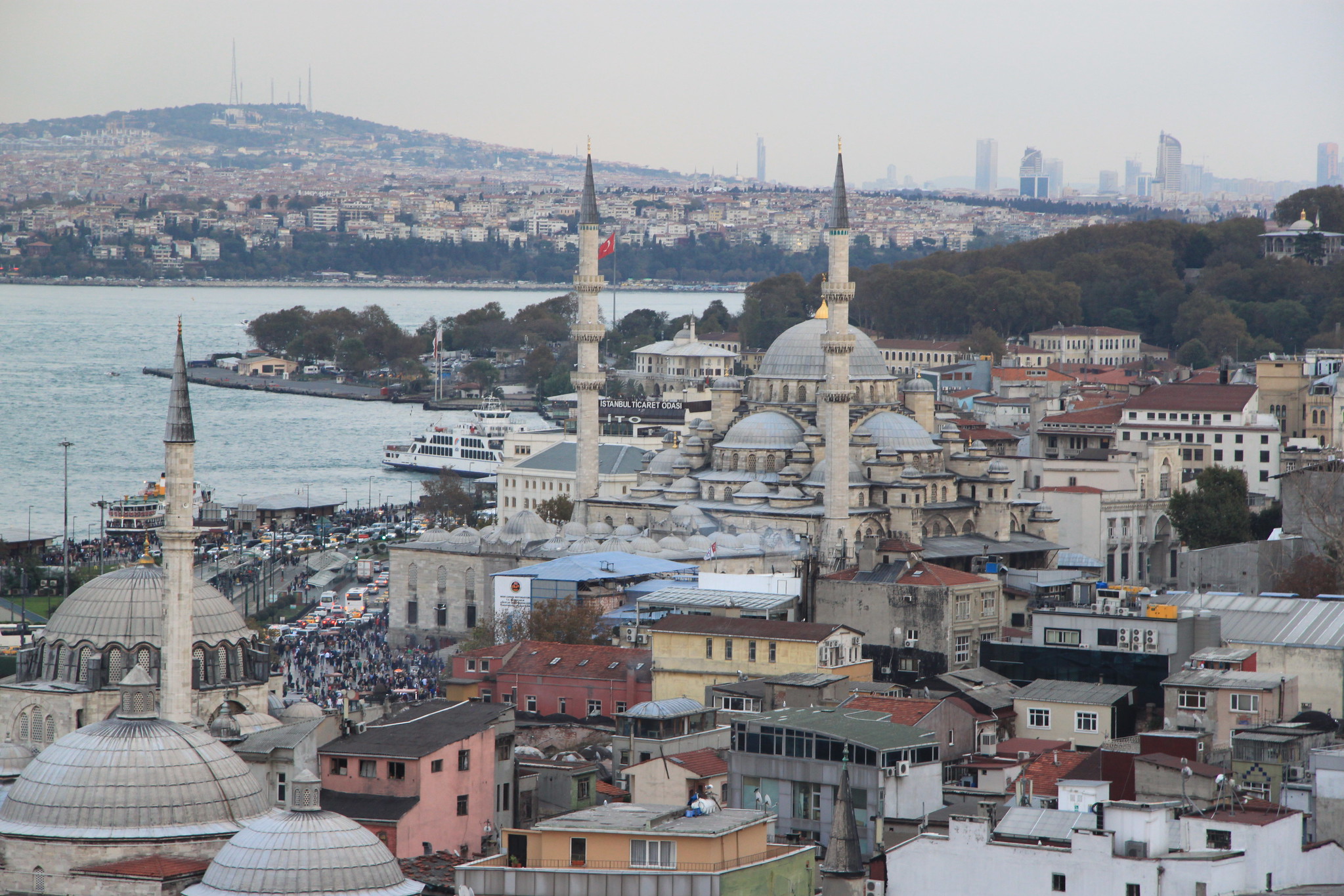Healthcare in Turkey
 Resting in the middle of three continents, not only is Turkey’s economy promising but so is their cultural impact. Turkey houses one of the largest refugee populations, with over 3.6 million registered Syrians amongst the 82 million Turkish citizens. With the country’s inconsistent conflict, the citizens require constant care due to the aftermaths of war, diseases and recently, coronavirus. Thus, healthcare in Turkey is at the forefront of global evaluation.
Resting in the middle of three continents, not only is Turkey’s economy promising but so is their cultural impact. Turkey houses one of the largest refugee populations, with over 3.6 million registered Syrians amongst the 82 million Turkish citizens. With the country’s inconsistent conflict, the citizens require constant care due to the aftermaths of war, diseases and recently, coronavirus. Thus, healthcare in Turkey is at the forefront of global evaluation.
COVID-19
As of July 23rd, 2020, COVID-19 had infected more than 220,000 people in Turkey. The virus reached the peak of the first wave in April and has gradually sedated ever since with only one thousand cases nationally. Turkey restricted access across the borders and made it mandatory to wear masks in public. People above the age of 65 and below the age of 18 are required to follow a curfew under lockdown. The immediate action and the meticulous COVID-19 management by Turkey set a high example for the strength of a developing country.
Common Diseases
Apart from the coronavirus, Turkey sees many deaths from viral infections, circulatory system disorders, respiratory diseases and cancer. In 2016, non-communicable diseases caused 89% of deaths. Not only does the warm oceanic climate foster the spread of communicable diseases, but Turkey’s location between Africa, Asia, and Europe also promotes the spread of foreign diseases. Despite those factors, Turkey’s expansive healthcare system nurses their patients to their best ability.
Universal Healthcare System
The healthcare system in Turkey is not only affordable but of high quality. They are the regions leading provider for healthcare, providing citizens with the most care possible. While a heart bypass surgery would cost $129,750 in the United States, it only costs $12,000 in Turkey. Many infamous pharmaceutical companies and internationally-competitive medical facilities are all situated in Turkey. Turkish residents can receive free universal healthcare when registered with the social security system in contracted hospitals. Foreigners living in Turkey pay around $30 a month for unlimited healthcare.
Refugees and People in Poverty
Since the beginning of Syria’s refugee crisis, WHO has partnered with Turkey’s Ministry of Health to provide “culturally and linguistically sensitive” free healthcare. The WHO Refugee Health Program trained more than 2000 Syrian health workers in seven training facilities for the workers to be hired into 178 different hospitals. Syrian asylum seekers and refugees receive free healthcare to treat traumatized patients.
With Turkey’s 9.2% poverty rate, many cannot afford private health insurance or even pay their taxes. Turkey has created a system to include access to high-quality healthcare for all. In 2012, 98% of Turkish residents had access to healthcare because of The Health Transformation Program led by the government of Turkey and the World Bank.
The advancing system of Turkey aims for 100% access to quality healthcare. With an accepting atmosphere, people in poverty no longer have to worry about paying hospital bills or skipping doctor appointments. Healthcare fosters a system where everybody is strong and able-bodied to take on work. This creates an opportunity for people in poverty, refugees, and other vulnerable populations to rise above the poverty line.
– Zoe Chao
Photo: Flickr
